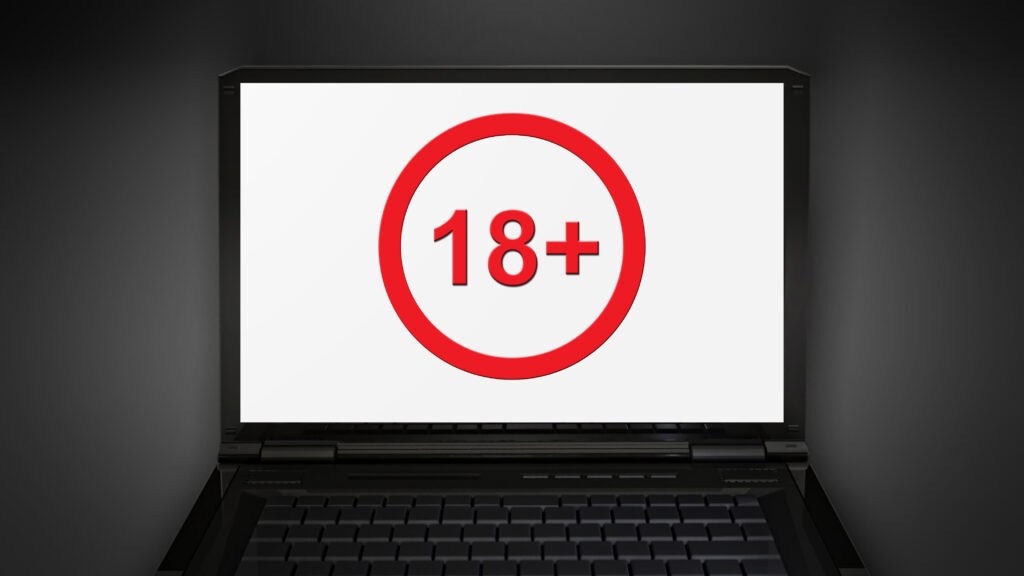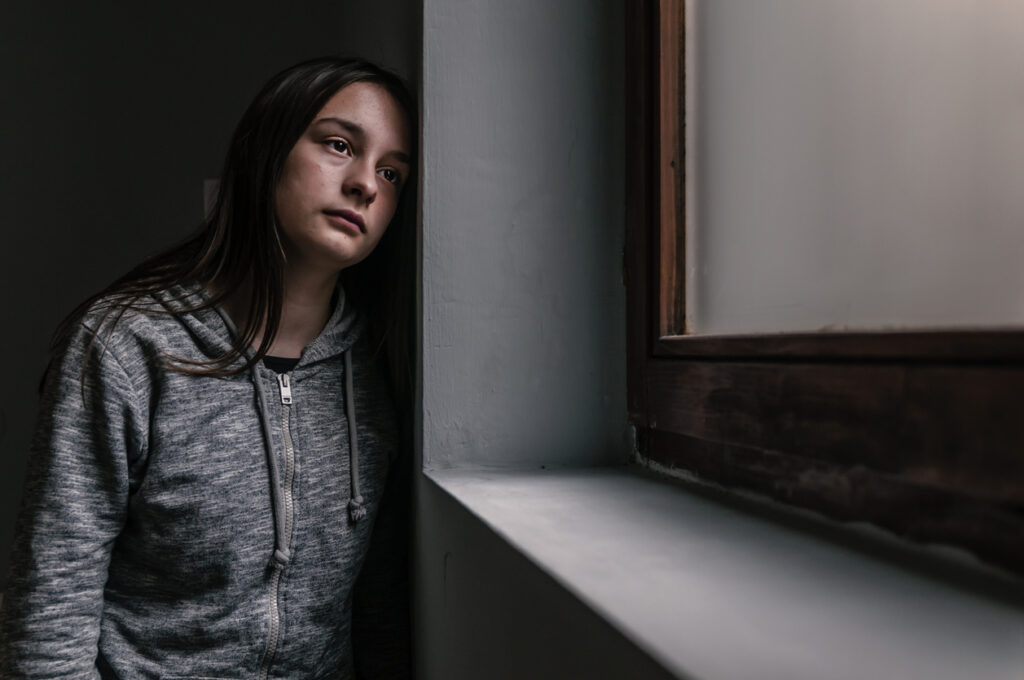You might have heard of the Netflix series 13 Reasons Why.
It’s about an adolescent girl who commits suicide and the drama that occurs in her high school thereafter. The protagonist is 17-year-old Hannah Baker, who faces bullying, sexual assault, gossip, and betrayal from friends before choosing to end her life. In 13 cassette tapes she records before her suicide, Baker details these traumatic events as the reasons why she commits suicide.
The TV series, based upon the Young Audience book of the same title, has become extremely popular with adolescents.
Here’s a question lots of parents have:
Should I let my teen watch it?
In our opinion, no.
We’ll share our reasons why.
Warning: Graphic Content

First, let’s talk about the TV-MA rating of the series. MA stands for mature audiences. This rating means a show is unsuitable for anyone under the age of 17.
According to Common Sense Media, the film graphically portrays bullying, rape, sexual assault, and suicide. Netflix ultimately removed the suicide scene due to complaints from mental health professionals. These scenes are disturbing, distressing, and inappropriate for adolescents. In addition, the show contains scenes of teen substance use, heavy cursing/swearing, self-harming behavior, gun violence/murder, and more.
That’s why every episode is preceded by a clear and unmistakable “Graphic Content” warning to viewers.
Your teen might argue that despite all the graphic content, the show helps raise awareness about bullying and suicide prevention efforts.
Experts Do Not Agree
In fact, many mental health professionals think the show glorifies suicide. Immediately after release, suicide prevention experts criticized the producers for the inappropriate portrayal of suicide, which did not follow responsible media guidelines. For example, the series glamorizes the victim, which research shows can result in a suicide copycat effect.
And there’s evidence that, in fact, this did occur.
A 2017 study linked the release of the show to a subsequent increase in suicide-related Google searches. Controlling for external factors, researchers identified the following changes in Google searches in the three weeks following the release of the show:
- Between 900,000 – 1,5000,000 more suicide-related searches than expected
- An 18% increase for the search terms “commit suicide”
- A 9% increase in the search terms “how to kill yourself”
- A 21% increase in the search terms “suicide hotline”
- A 26% increase in the search terms “how to commit suicide”
But those figures pale in comparison to another fact. Actual teen suicides seem to have increased in the months after the release of the show.
The Second Study

In May 2019, an international team of researchers showed that adolescent suicides in the U.S. increased by 12-21 percent in the three months following the show, when public interest was highest.
Data from this study shows:
- 66 more suicides than usual among adolescent boys – a 12.4% increase
- 37 more suicides than usual among adolescent girls – a 21.7% increase
In response to this research, Netflix added a video warning from the cast at the beginning of the series, warning that teens already struggling with mental health issues should refrain from watching the show.
However, we go further than that, and recommend that all teens – even those not struggling with mental health or emotional issues – skip the series. It’s just not worth all the emotional damage impressionable teens could experience after being exposed to these heavy portrayals of violence, rape, bullying, and suicide. But most importantly, it’s not worth your teen starting to consider the false and dangerous idea that suicide may be an easy and acceptable way to escape internal pain, or as a means of revenge to those who may have hurt them in the past – which, the show implies, motivated the protagonist to commit suicide.
About Mental Health Treatment
If your teen lives with depression, anxiety, self-harming behavior, suicidal ideation, substance abuse, trauma, or any other mental health issue, take Netflix’s advice – and ours – and pass on the show altogether. Most teens with these issues need to receive mental health treatment. Depending on their clinical needs – as determined by a full assessment/evaluation conducted by a mental health professional – they may require a teen residential treatment center (RTC), partial hospitalization program (PHP), or intensive outpatient program (IOP).
Remember: if your teen is considering suicide, take immediate action.
Call 911 or the National Suicide Prevention Hotline: 1-800-273-8255






























































